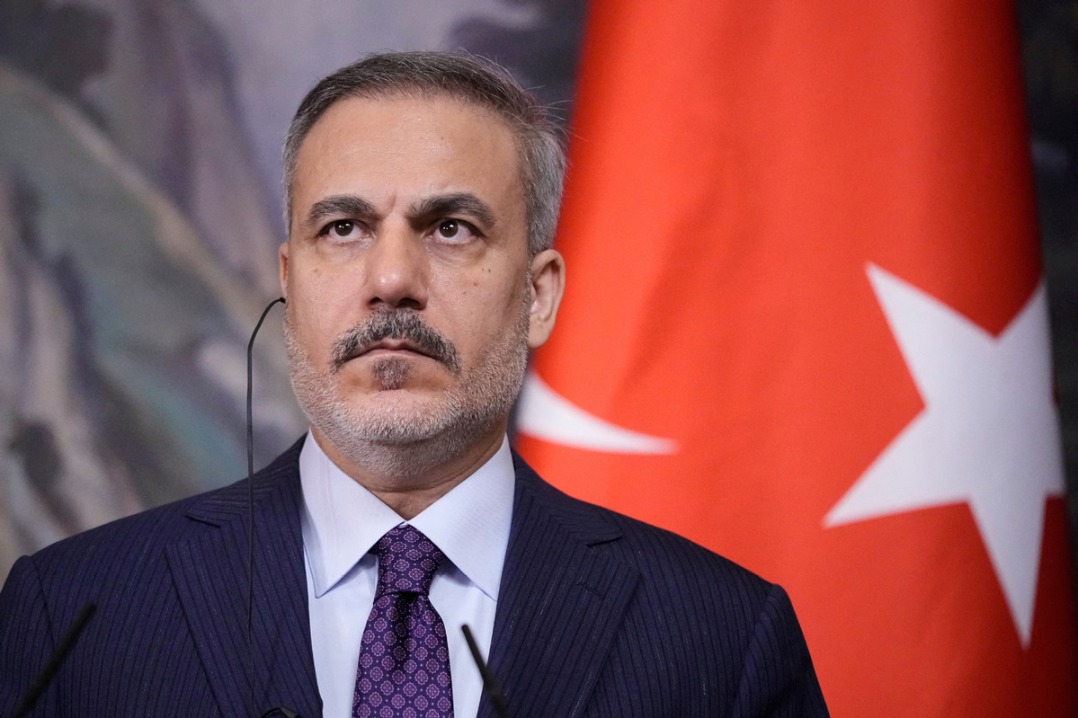Israel-Iran Ceasefire Efforts & Violations Amidst Trump's Warnings

The Middle East experienced a period of intense volatility culminating in a fragile ceasefire between Israel and Iran, brokered by US President Donald Trump. The conflict, escalating over 12 days, saw an initial Israeli military campaign against Iran, followed by US strikes on key Iranian nuclear facilities—Fordow, Isfahan, and Natanz—which Trump declared "obliterated" to prevent Iran from acquiring nuclear weapons. Iran retaliated with missile attacks on a US military base in Qatar and targets within Israel, drawing the region into deeper conflict.
On Monday, June 23, 2025, President Trump announced a "complete and total" ceasefire agreement, stating that both nations had consented to halt hostilities within a 24-hour framework, beginning with Iran. Trump initially lauded the leadership of both nations for their courage in seeking an end to a war that could have "gone on for years." Global markets reacted positively, with oil prices dropping and shares rising, reflecting a cautious optimism for de-escalation. Iraq subsequently reopened its airspace, which had been closed due to the conflict.
However, the truce was immediately put to the test. Within hours of the announcement, Iran was accused of launching ballistic missiles at Beersheba in southern Israel, killing at least four people and injuring more than 20. Iran denied these attacks. In response, Israel's Defense Minister, Israel Katz, ordered "intense strikes" on Tehran, citing a "blatant violation" of the ceasefire. The Israeli military identified missiles from Iran and vowed a "forceful" response.
President Trump reacted with palpable frustration to the violations, publicly lashing out at both countries. In a series of posts on Truth Social, he insisted the ceasefire was still in effect and issued stern warnings, particularly to Israel: "ISRAEL. DO NOT DROP THOSE BOMBS. IF YOU DO IT IS A MAJOR VIOLATION. BRING YOUR PILOTS HOME, NOW!" He expressed his displeasure with Israel's immediate airstrikes post-agreement, stating, "Israel, as soon as we made the deal, they came out and they dropped a load of bombs, the likes of which I’ve never seen before." Following a call with Trump, Israeli Prime Prime Minister Benjamin Netanyahu reportedly scaled back a planned retaliatory strike, targeting only a radar site near Tehran in response to alleged Iranian missile launches. Despite this, an Iranian commander, Mohammad Taghi Yousefvand, was reportedly killed in an Israeli strike on Babolsar.
The conflict resulted in significant casualties, with Iran reporting over 400 people killed, including 13 children, and more than 3,000 wounded since Israel's offensive began on June 13. In Israel, at least 24 deaths were attributed to Iranian retaliatory strikes. The humanitarian toll prompted international concern.
International actors weighed in on the crisis. Uganda's President Yoweri Museveni, speaking as Chairman of the Non-Aligned Movement, offered a comprehensive critique of the Middle East conflict. He asserted that peace failures stemmed from critical errors by multiple actors: Iranian Islamists for viewing Israel as illegitimate, Israel for refusing a two-state solution, and Western imperialists (specifically the 1953 CIA-backed overthrow of Mohammad Mosaddegh) for creating enduring resentment. Museveni advocated for principled diplomacy, mutual recognition, and the implementation of a two-state solution, warning against the belief that external force can resolve such conflicts.
Former South African ambassador to the US, Ebrahim Rasool, suggested that the escalating tensions were part of a calculated US strategy, likening the situation to "Iraq 2.0" and linking it to Israel's pursuit of an "endgame in Palestine" and the weakening of Iranian proxies. He warned of increased vulnerability for economies integrated into the Western system.
Further, the United Nations condemned an Israeli airstrike on Evin Prison in Tehran, calling it a "grave breach of international humanitarian law" as a civilian target. France supported the ceasefire and urged Iran to return to nuclear negotiations without delay. Despite the early breaches and ongoing tensions, the diplomatic efforts to maintain the ceasefire continued, with the world closely watching for a durable path to peace.












